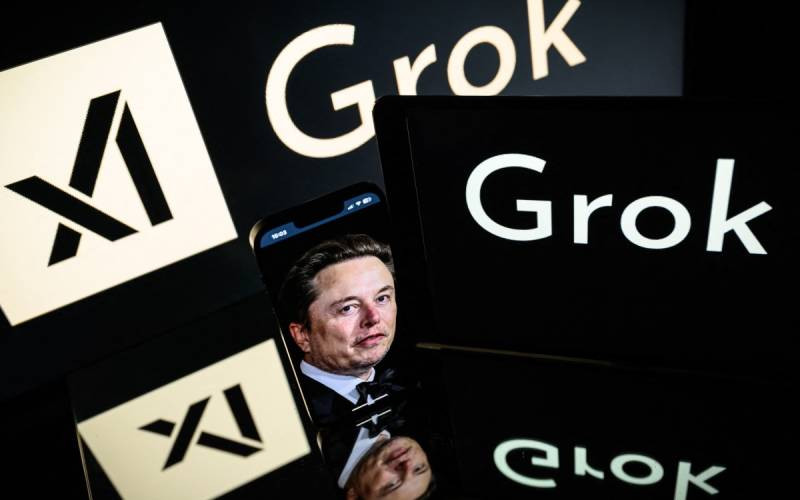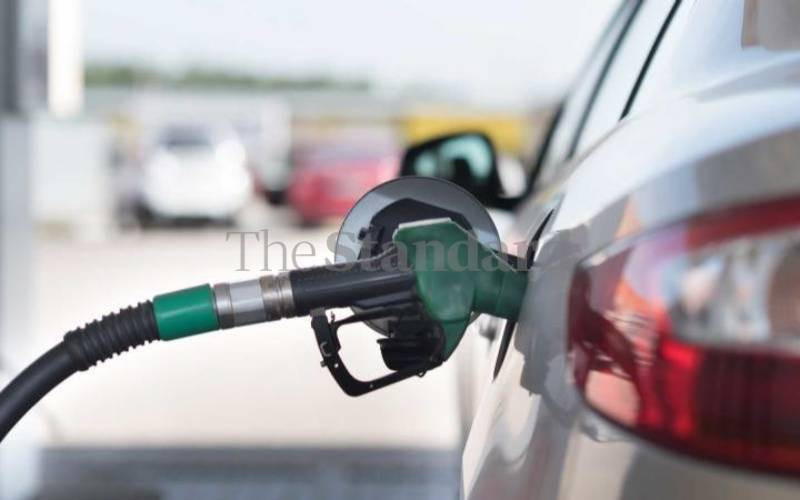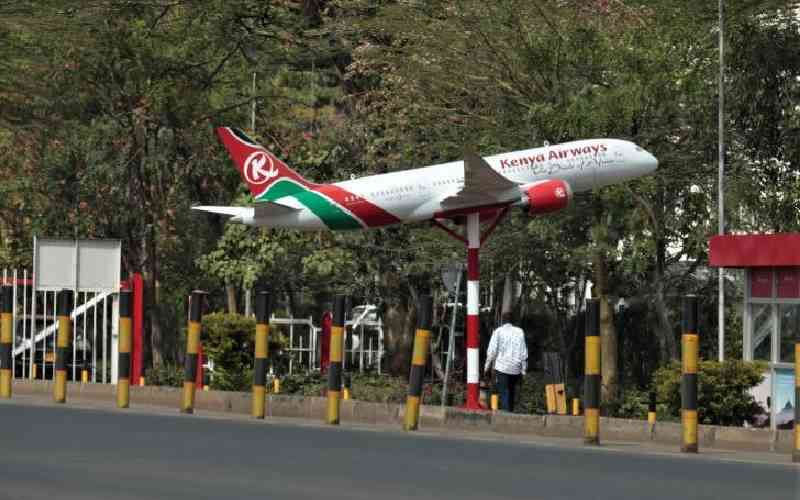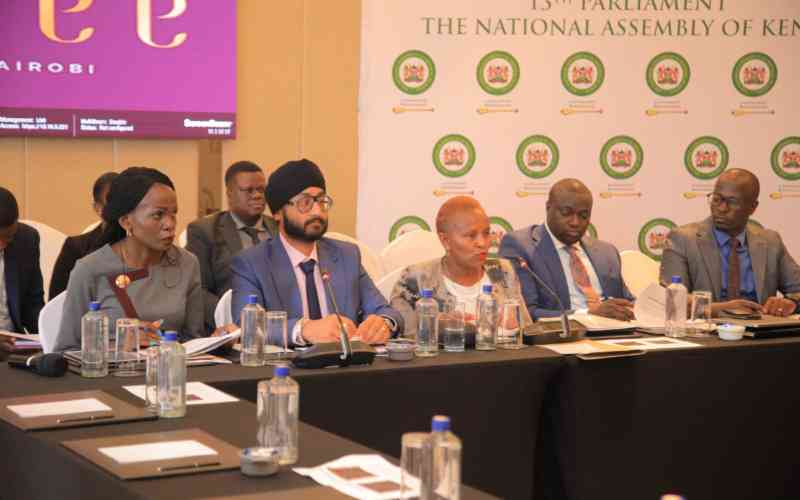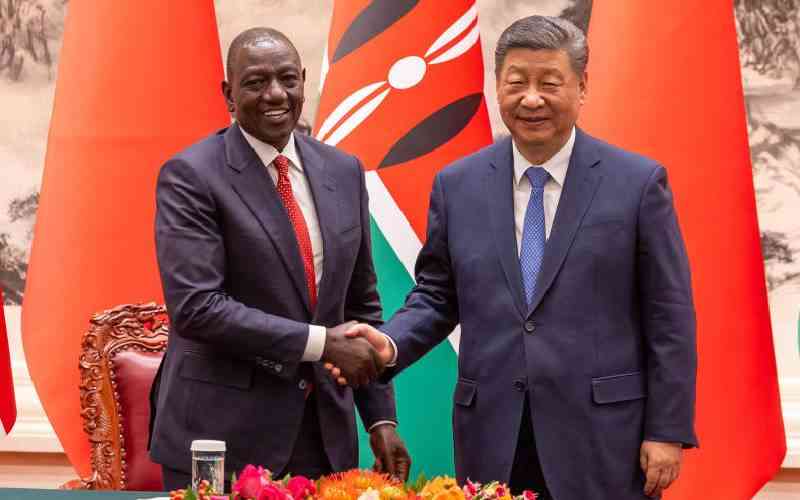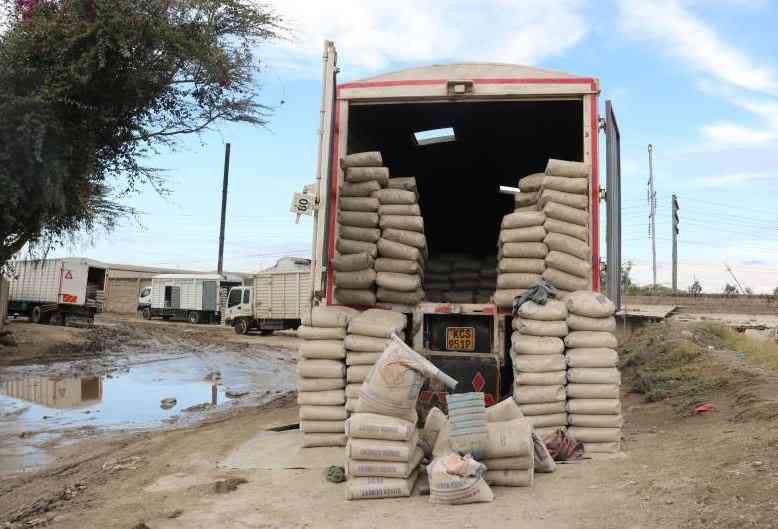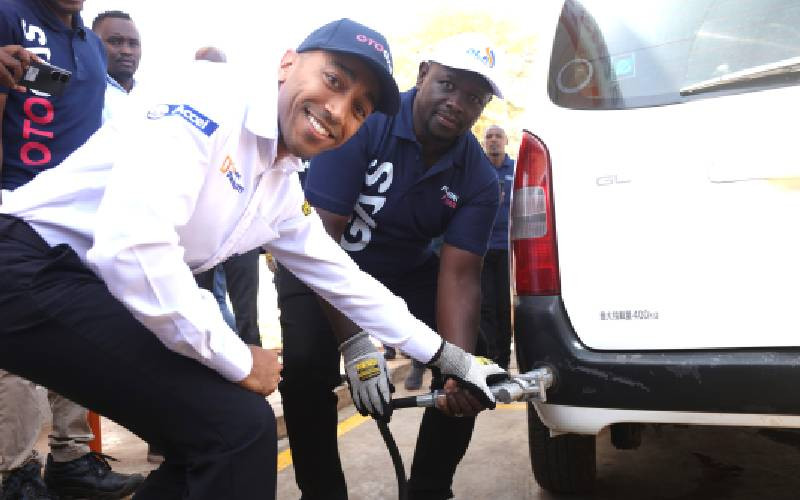×
The Standard e-Paper
Fearless, Trusted News
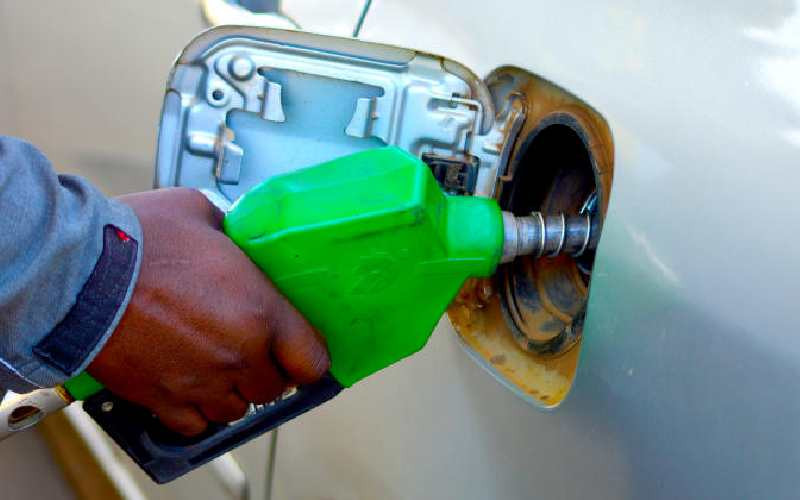
The government in September eliminated subsidies for super petrol while substantially reducing those for diesel and kerosene. [Michael Mute, Standard}
The fuel subsidy that the government has implemented since April last year has cushioned consumers from high fuel prices.
